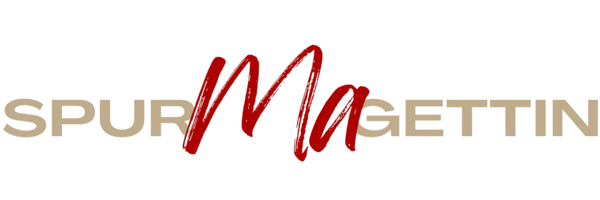Over recent years, women have taken an increasingly visible role in the hunting world, breaking through barriers that have long made it a male-dominated space. Despite facing numerous challenges, female hunters are not only growing in number but are also building strong, inclusive communities. This shift isn’t just about numbers—it's about redefining hunting culture to be more welcoming and supportive. Let’s explore the barriers women face in hunting, the communities they’re building, and how their presence is shaping the future.
Historical Context
Hunting has traditionally been seen as a male pursuit, with media and cultural norms often reinforcing this stereotype. However, women have always had a presence in the hunting world, even if their contributions were less visible. Figures like Annie Oakley and other notable female hunters from history remind us that women’s involvement in hunting is anything but new. Their legacies are a testament to the resilience of female hunters and inspire today's generation to step forward, armed with a strong sense of purpose and passion for the outdoors.
Barriers to Entry for Women Hunters
1. Cultural Barriers
Society has long seen hunting as a “masculine” activity, which has deterred some women from pursuing it. This stereotype can make new female hunters feel out of place or hesitant to join hunting groups. Overcoming this cultural stigma is a crucial step for women as they step into the field with pride and confidence.
2. Gear and Equipment
The lack of hunting gear designed specifically for women has been another significant barrier. Women often have to make do with oversized clothing and equipment that aren’t suited for their body types. Although manufacturers are starting to recognize this gap and provide better-fitting options, more progress is needed to ensure women have equal access to gear that enhances their safety and effectiveness in the field.
3. Access to Mentorship
For new hunters, finding a mentor or a group of peers is essential. Unfortunately, women may struggle to find hunting mentors who understand their unique challenges and goals. This lack of mentorship can make the learning curve steeper, though many female hunters are now stepping up to fill this gap by mentoring one another.
4. Hunter Safety and Licensing
Some women feel intimidated or unwelcome in traditional hunter safety courses, which are still often male-dominated. The good news is that female-focused courses and supportive environments are becoming more common, making hunter education more accessible and welcoming for women.
Building Communities and Networks
1. Social Media and Online Groups
Social media has played a huge role in connecting female hunters. Platforms like Instagram and Facebook are filled with stories, tips, and shared experiences from women hunters all over the world. Online groups have allowed women to build networks, share advice, and encourage one another, creating an invaluable support system.
2. Women-Centered Hunting Organizations
Groups like "Becoming an Outdoors-Woman" and “Sisterhood of the Hunt” have emerged to empower women in the outdoors, providing training, mentorship, and organized hunting trips. Such organizations offer women a welcoming space to learn and grow their skills while connecting with like-minded peers. The impact is undeniable, as these organizations help women feel more confident, skilled, and part of a larger community.
3. Mentorship Programs
Experienced female hunters are taking on mentorship roles, guiding newcomers through the process. Mentorship programs enable seasoned hunters to share valuable knowledge, offering guidance on everything from tracking to ethical hunting practices. This mentorship cycle fosters a sense of solidarity and promotes inclusivity in the hunting community.
4. Women-Led Hunting Events
Workshops and events tailored for women hunters provide a comfortable and encouraging environment for skill-building. By focusing on camaraderie and community, these events help women sharpen their skills without the added pressure they might experience in a more mixed or traditional setting.
The Benefits of More Women in Hunting
1. Enhanced Conservation Efforts
Female hunters bring unique perspectives to hunting and conservation. Many women are deeply committed to sustainability and ethical hunting practices, helping to push conservation initiatives forward. This not only benefits wildlife but also ensures that hunting remains a respected, sustainable activity for future generations.
2. Inspiring the Next Generation
With more women involved in hunting, young girls can see role models who look like them, encouraging them to consider hunting as a viable activity. Female hunters are breaking down stereotypes, proving that the sport is inclusive, empowering, and open to everyone.
Looking Ahead: The Future of Women in Hunting
As more women join the sport, the future of hunting is set to become more diverse, inclusive, and community-focused. This shift has the potential to influence everything from gear design to hunter education, ultimately making hunting more accessible to all. By continuing to support and celebrate female hunters, we can build a future where everyone feels welcome in the hunting community.
Women hunters are not just breaking down barriers; they’re reshaping hunting culture and building supportive communities that encourage inclusivity, conservation, and shared outdoor experiences. As they continue to step forward, let’s all support this movement and work together to create a hunting world where everyone feels valued, inspired, and empowered to enjoy the beauty of the wild.

